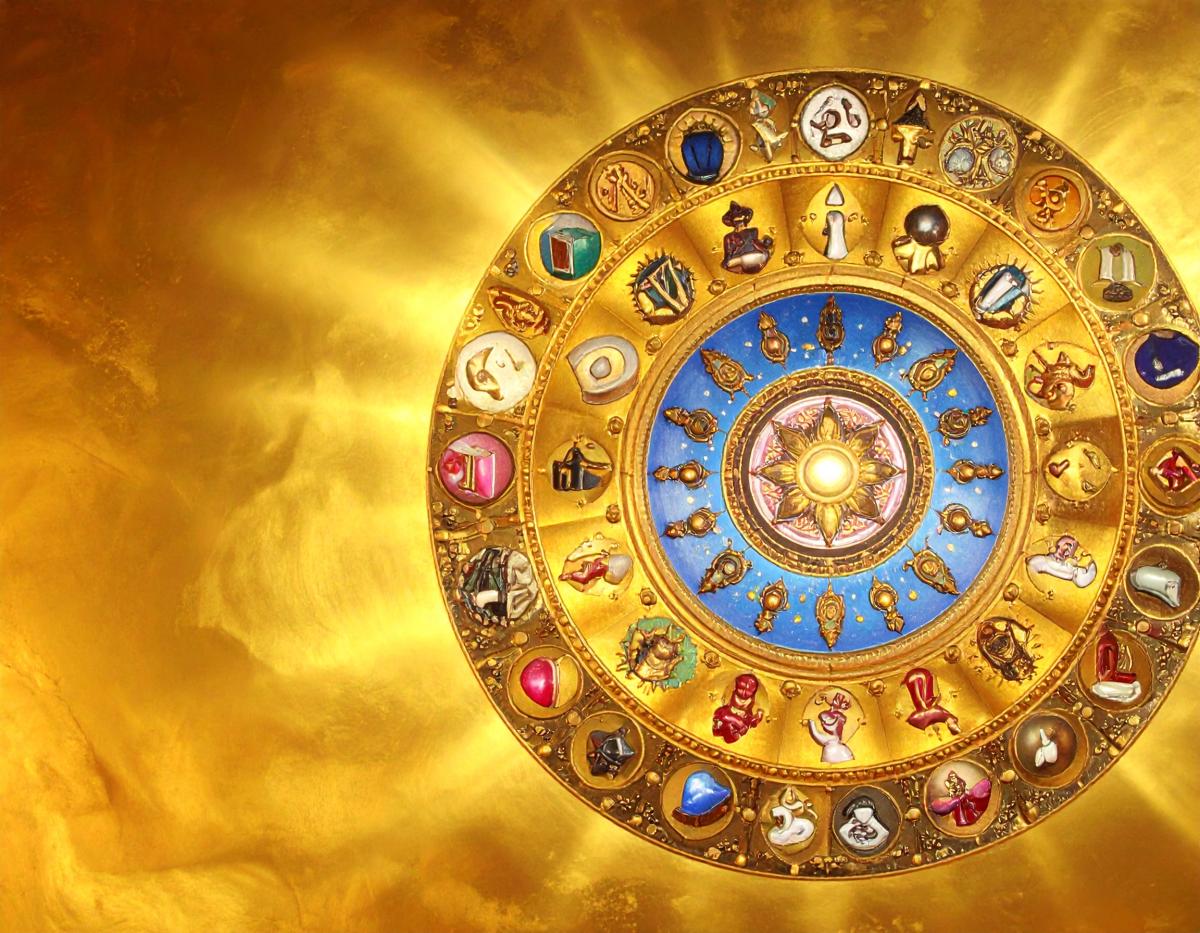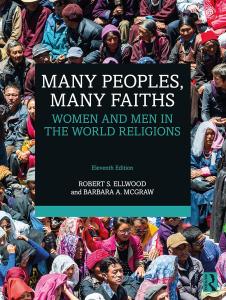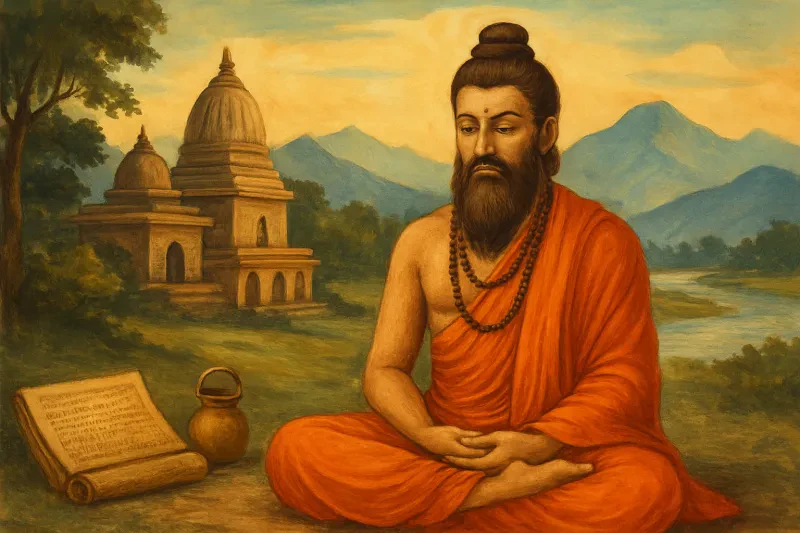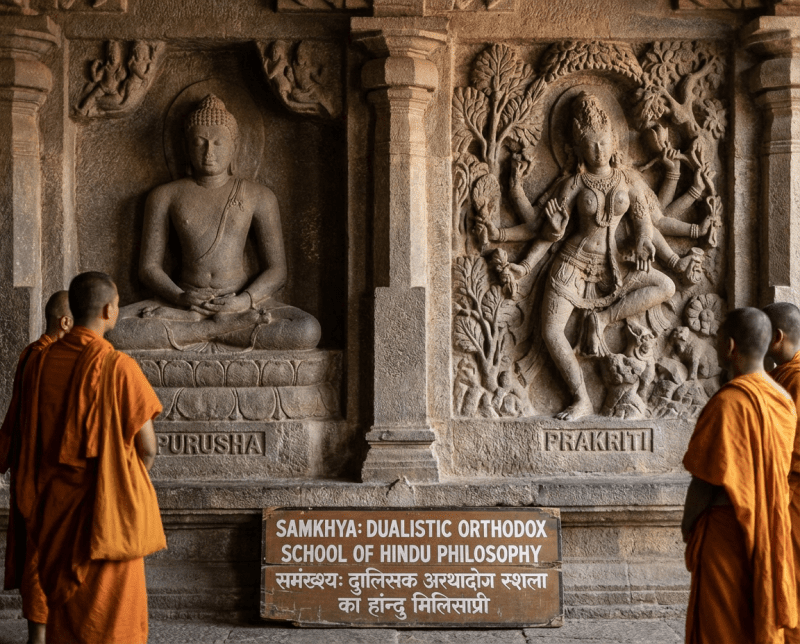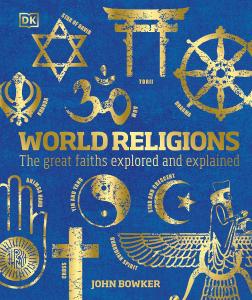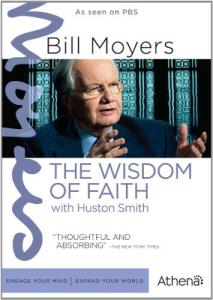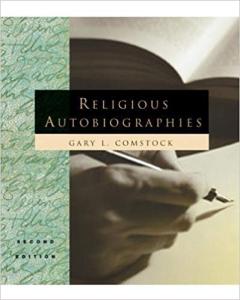In an age of unprecedented connectivity, where news, ideas, and cultures circle the globe at the click of a mouse, the study of world religions could not be more timely. Religion is a defining aspect of the human experience, influencing history, culture, politics, and personal identity. Although some might engage in religious study with cynicism or apathy, if you persevere, you will find that the study of world religions unlocks insights into empathy, sharpens your critical thinking, and teaches you more about what it means to be human. This essay delves into why world religions is perhaps the most important subject you can undertake.
Understanding Cultural Foundations
Religions are not merely belief systems or rituals—they are breathing traditions that have shaped civilizations for ages. If you study world religions, you gain an understanding of the cultural DNA of societies around the world. For instance, Confucianism has profoundly influenced East Asian notions of family, governance, and education. At the same time, Christianity has left its imprint on Western art, law, and ethics. Islam, on the other hand, has had a significant impact on architecture, philosophy, and daily life in the Middle East, North Africa, and beyond.
To learn the scriptures, rituals, and histories of these religions is to know why cultures operate in the manner that they do. It uncovers the origins of holidays, the meaning of rituals, and the source of moral codes. It sheds light on the origins of inspiration for humanity’s most timeless literary, musical, and artistic masterpieces. In other words, studying world religions is like learning a cultural language. Your passport into its narratives, ethics, and perspectives.
Fostering Empathy and Reducing Prejudice
Where there is ignorance, there is misunderstanding, where there is misunderstanding, there can be prejudice, fear, and strife. When people get exposed to beliefs outside their own, those walls start to break down. Reading about the experiences, challenges, and aspirations of others cultivates empathy, an attribute all too scarce in a frequently divided world.
In world religions, students encounter the diversity of human experience — the rites of passage, prayers, and pilgrimages. They begin to view religious believers not as remote “others,” but as companions on the path of life. This empathy does not require you to accept all their dogmas or rituals. Still, it does require an inquisitive openness to try to view the world from someone else’s perspective.
Developing Critical Thinking and Analytical Skills
The field of Religious Studies is, necessarily, interdisciplinary. It pulls from history, philosophy, sociology, anthropology, literature, and art. It teaches students to read texts with a critical eye, distinguishing between myth and history, evaluating evidence, and recognizing bias. Students discover the value of context—how political, economic, and social forces shape religion —and how religion, in turn, shapes them.
This lens is priceless, extending well beyond the classroom. Whether confronting complex world affairs, assessing the news, or participating in spirited discussions, an education in world religions enables one to think deeply and empathetically. In a world flooded with information and disinformation, this kind of discernment is crucial.
Enhancing Global Citizenship
The trials of the 21st century—climate change, migration, technology, and political polarization—are global in scope and necessitate a global perspective. Many of these issues intersect with religion. For instance, faith communities play a critical role in humanitarian assistance, education, and peacemaking efforts. Interfaith dialogue is a vital tool for promoting peace and fostering partnerships.
To be an educated global citizen, you need to understand how religion influences people and communities, both positively and negatively. This insight is both intellectual and practical in nature. Diplomats, business leaders, journalists, teachers, and doctors all face religious diversity in their work. A sophisticated understanding of world religions, therefore, enables people to engage in respectful dialogue, establish trust, and collaborate across cultural divides.
Deepening Personal Insight and Spiritual Growth
Although we tend to teach world religions from a secular or comparative perspective, they can also serve as a mirror to ourselves. Running into the myths, icons, and metaphysics of other traditions raises profound questions: What is a good life? How do various traditions interpret pain, happiness, and death? What is God/the sacred/the ultimate reality?
For some, these questions will affirm their faith, for others, they will encourage a path of spiritual discovery. Either way, studying religion will deepen your understanding of yourself. Studying world religions reveals that beneath the surface differences, humans have grappled with the same existential questions, yearned for something beyond themselves, and devised rituals to celebrate life’s mysteries.
Building Bridges in a Pluralistic Society
Contemporary societies are increasingly pluralistic, with individuals of diverse religions—or even those who are atheists—coexisting. This diversity might be a source of strength, creativity, and resilience, but it can be challenging. When deeply held beliefs come into conflict, misunderstandings and tensions can arise. Studying world religions allows you to navigate this complexity with sensitivity and respect. It offers resources for interfaith dialogue, facilitating productive discussions about differences and similarities. Teachers, community leaders, and politicians with a background in religious literacy can create welcoming spaces where everyone feels acknowledged and respected.
Confronting Global Challenges
A lot of our world’s current problems—religious extremism, racism, and the morality of science, to name a few—have religious components. The study of world religions allows us to critically evaluate how faith traditions both perpetuate and heal such problems.
Take, for instance, the roots of religious extremism — you need to know about doctrine, history, socio-political context, and how religion can fuel both violence and peace. Religious communities have historically been at the forefront of social justice causes. In examining these roles, students gain a more nuanced understanding of religion as both a potentially destructive and restorative force.
Conclusion
The study of world religions is an exploration of the human condition. It broadens perspectives, dismantles prejudices, and fosters the compassion and understanding essential for thriving in a globalized society. Whether driven by intellectual curiosity, professional obligations, or a desire for personal growth, the study of world religions offers insights that enrich both individual lives and social order. In an era when mistrust and polarization are eroding our collective well-being, there is no more urgent endeavor than confronting ourselves and one another through the crucible of our most profound convictions and desires.
Many Peoples, Many Faiths: Women and Men in the World Religions, 11th edition
by Robert S. Ellwood and Barbara A. McGraw
Product information
Product Review Score
4.51 out of 5 stars
123 reviews